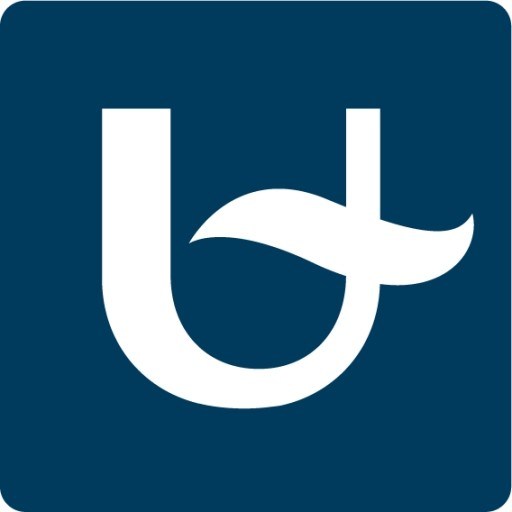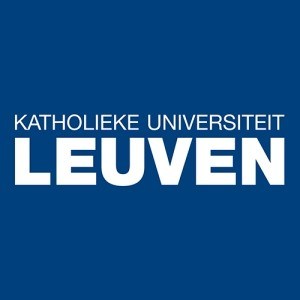Photos of university / #uantwerpen
Program description: The Master of Development Policy and Management at the University of Antwerp offers an in-depth, interdisciplinary approach to understanding and addressing global development challenges. Designed for students passionate about creating positive social change, this program combines theoretical insights with practical skills in policy analysis, project management, and sustainable development. Throughout the two-year curriculum, students explore key issues such as poverty reduction, economic development, governance, human rights, and environmental sustainability. The program emphasizes critical thinking, evidence-based decision-making, and the ability to design and evaluate development interventions.
Students will engage with a diverse range of courses covering development theories, research methods, policy analysis, and management strategies. They will have opportunities to participate in practical projects, internship placements, and fieldwork, enabling them to apply learned concepts in real-world settings. The program also promotes an international perspective, encouraging students to examine development issues from multiple cultural and regional viewpoints. Faculty members are experienced researchers and practitioners in the field of development, providing mentorship and industry connections to support students’ career ambitions.
Graduates of the Master of Development Policy and Management are prepared for careers in government agencies, international organizations, NGOs, development consultancy firms, and research institutes. They will possess the analytical skills, management competencies, and global outlook necessary to contribute effectively to sustainable development initiatives worldwide. The program’s interdisciplinary nature and practical orientation aim to equip students not only with academic knowledge but also with the leadership qualities needed to influence policy and promote social equity in diverse development contexts.
Research Lines
- Conditional finance for development
- International markets for the poor
- Local institutions for/in development
- State, economy and society
Requirements
- Applicants must hold a master’s degree
- TOEFL (Test of English as a Foreign Language): minimum score of 550 for the paper-based test or 79 for the Internet-based test. Information about this test is available at the TOEFL-website. IOB does not accept the TOEFL ITP.
- IELTS (International English Language Testing System): minimum score of 6.5 and a minimum score of 6.0 on each component. Information about this test is available at the IELTS-website.
- A copy of your valid passport or identity card/a curriculum vitae
- A motivation letter
- A legalised copy of your degree certificate (please read more information on legalisation)
- Applicants that are enrolled in the final year should submit an original and signed letter from their college or university confirming that they are expected to finalise the program at the end of the current academic year
- A copy of your academic transcripts, provided with a stamp of the university
Scholarships
- An assistant mandate - salaried assistant;
- An appointment to a research project that was requested by a promoter and subsidized assigned by internal (BOF) or external (international, national, regional, local) research resources;
- A personal doctoral fellowship (eg FWO-aspirant and analog mandates, IWT grant for strategic basic research, temporary mandate (opvangmandaat) of the Special Research Fund - BOF specific funds that grant scholarships);
The Master of Science in Development Policy and Management at the University of Antwerp is a comprehensive graduate programme designed to prepare students for effective careers in development policy, management, and governance. This programme emphasizes the importance of understanding the complex social, economic, and political factors that influence development processes worldwide. Students gain solid theoretical foundations in development theories, alongside practical skills in policy analysis, project management, and organizational leadership. The curriculum incorporates a multidisciplinary approach, integrating perspectives from economics, political science, sociology, and environmental studies, to equip graduates with a holistic understanding of development issues.
Throughout the programme, students are encouraged to critically analyze development challenges faced by countries at different levels of development. They study various policy instruments, learn about international development frameworks, and explore how NGOs, governments, international organizations, and the private sector collaborate to promote sustainable development. The programme also offers opportunities for hands-on experience through internships, fieldwork, and collaboration with development agencies. This practical exposure aims to prepare students for real-world challenges and improves their employability in international development sectors.
The Master’s programme typically spans one or two years, depending on the student's academic background. It is taught in English, attracting a diverse group of students from around the globe, fostering an international learning environment. The faculty members are experts in their fields, bringing a wealth of research experience and practical knowledge in development policy and management. Graduates of this programme often pursue careers with international organizations such as the United Nations, World Bank, nongovernmental organizations, government agencies, or private sector entities involved in development work. The programme's strong theoretical and practical focus ensures that students are well-prepared to contribute to sustainable development and impactful policy-making worldwide.

